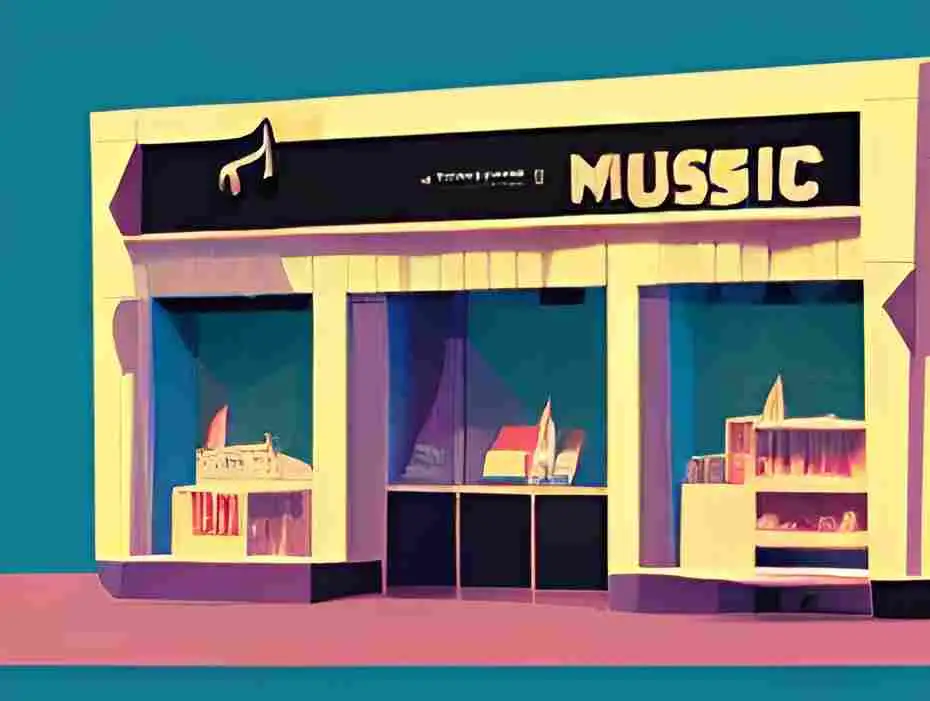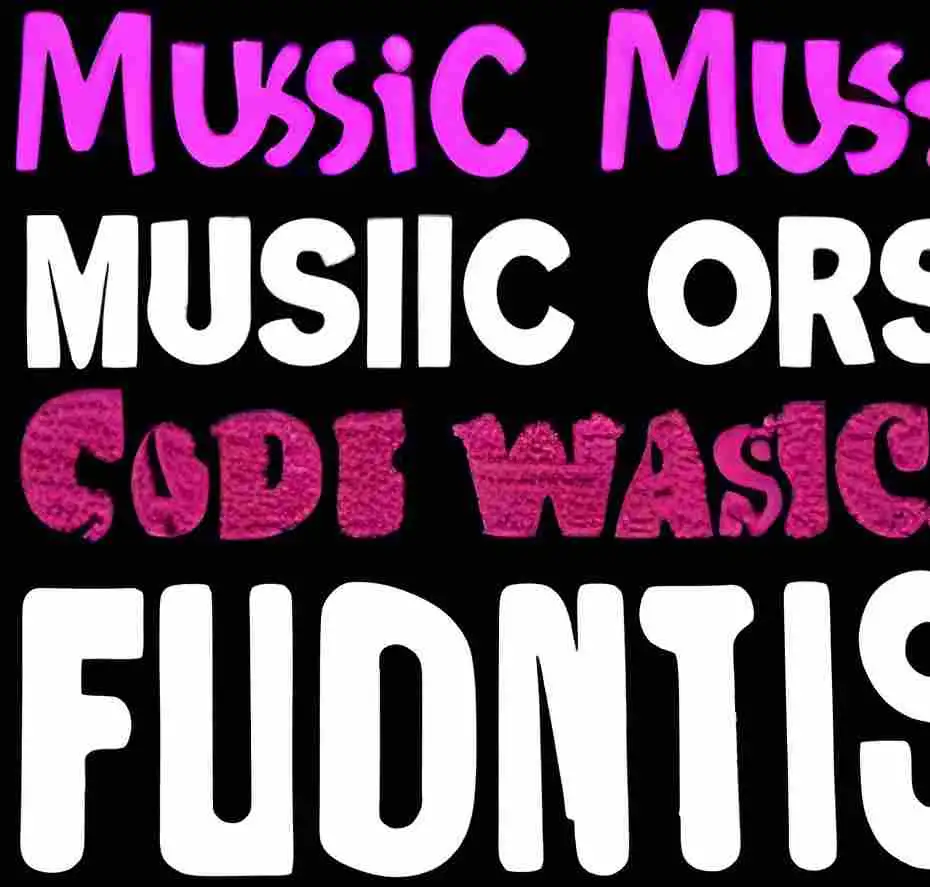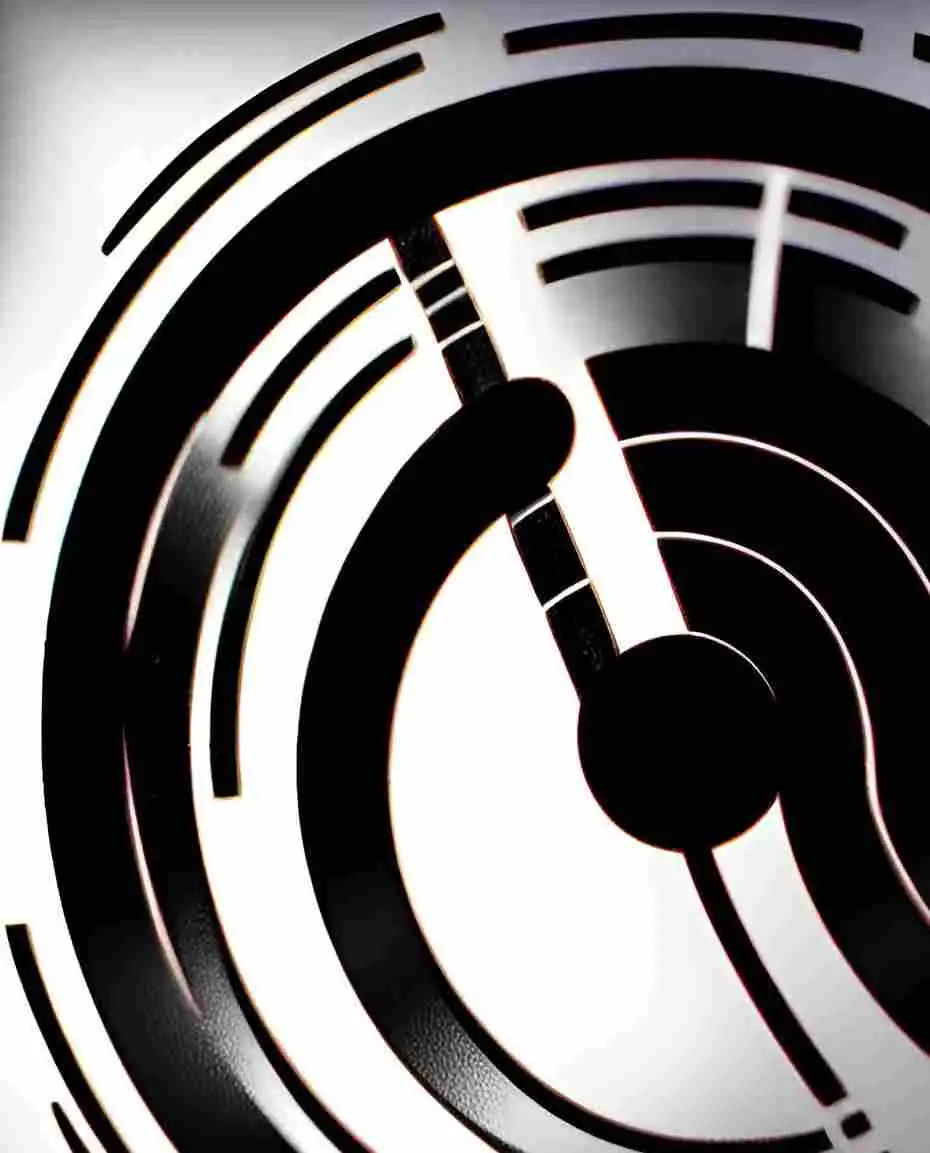Music NFTs - Fad or the Future
We discuss whether music and NFTs are the future or a future failure.
With the release of CryptoKitties, there's been a lot of buzz around Non-Fungible Tokens (NFT's). The enthusiasm has been growing (even though NFTs have cooled off as of late), and when the buzz was at its peak, every person I knew was interested in learning more.
Music NFTs, or Non-Fungible Tokens are what some might say the future of music and music licensing, combining the blockchain (a type of distributed ledger technology) with creative control. However, there are others out there in the music community that see NFTs and the Metaverse as another form of corporate control and forced fabricated excitement.
Some people believe that they are the future of music, while others think they are just a fad. So what are Music NFTs, and what makes them so special? In this blog post, we will explore what Music NFTs are, and discuss the pros and cons of using them to distribute music. We'll also take a look at some examples of how they have been used so far and what's yet to come.
What are NFTs and why are they being used for music distribution?
Non-fungible tokens, also known as NFTs, are digital tokens that are unique and cannot be exchanged for other tokens of the same type. Unlike cryptocurrency, which is designed to be a medium of exchange, NFTs are meant to represent ownership of digital assets. This makes them ideal for use cases such as provenance tracking, identity verification, and music copyright protection.
In the music industry, NFTs are being used as a way to distribute and monetize songs and albums which at current are slightly more than a novelty. I'm not sure the public is ready to go to concerts inside the Metaverse or purchase a Snoop Dogg album in NFT form, but best believe it's on it's way here.
NFTs could be used to represent ownership of digital art, music, or other forms of content.
For example, artists can sell NFTs in the form of digital art, videos, or even 3D-printed items. Some platforms are even allowing fans to purchase fractional ownership of an artist's songs or albums that's useful in music licensing. This new model provides a direct and transparent way for artists to monetize their work, without having to go through intermediaries such as record labels.
It also enables fans to support their favorite artists more directly, especially those that may be creating music that is not eligible for monetization. I believe that as the use of NFTs grows, we will likely see more innovation in the music industry around how songs and albums are distributed and sold.
They could also be used as virtual collectibles or as a means of stored value.
NFTs, are a type of cryptocurrency that represents a unique asset, such as a piece of digital art, an in-game item, real estate, or in our case music ownership. Unlike traditional cryptocurrencies, which can be exchanged for other assets on a blockchain, NFTs are not interchangeable and each one is considered to be a unique collectible (hence strong digital ownership rights). While NFTs are relatively new, they have already gained popularity as a means of storing value and as virtual collectibles.
For example, the online game CryptoKitties allows players to purchase, breed, and trade virtual cats that are stored on the Ethereum blockchain. Similarly, the digital art platform SuperRare enables artists to sell their works as NFTs, providing them with a new revenue stream and giving collectors a way to own and trade digital art. This is where NFTs will play a strong role in music as this is a perfect media format for encapsulating into a digital file on the blockchain.
Just checkout Opensea.io (the largest NFT marketplace at the time of this writing) and you will realize just how big the NFT community really is. As NFTs continue to gain popularity, more musicians, record labels, and music licensing businesses will likely begin to experiment with this new technology. Eventually, music fans may come to understand and expect to transact their music purchases within the NFT ecosystem so musicians should start preparing now.

Blockchains and music may be an inevitable future if things continue as they've been going.
How do NFTs compare to traditional methods of music distribution, such as albums or singles?
In the past, music was primarily distributed through brick-and-mortar stores, which sold physical copies of albums and singles. This system had several advantages, including the fact that it was relatively easy to find and purchase music. However, it also had several disadvantages.
For example, it was often difficult to discover new music, and prices were set by the record labels, which meant that consumers had little control over how much they paid for a given album or song. For now we won't go into the rise of Napster and digital downloads as they were also a huge reason of this transition away from brick and mortar.
In recent years, a new method of music distribution has emerged: non-fungible tokens, or NFTs. As we discussed, NFTs are digital files that can be bought, sold, or traded like traditional assets. One of the key advantages of NFTs is that they offer artists more control over their work. For example, an artist can choose to sell a limited number of copies of a song or artwork, which can help to create scarcity and drive up prices, this is an important feature.
In addition, NFTs can be stored on decentralized platforms such as the Ethereum blockchain, which makes them more resistant to censorship than traditional methods of distribution (important to any artist who respects their freedom to create). As a result, NFTs offer several advantages over traditional methods of music distribution.
Are there any benefits to using NFTs over traditional methods of music distribution?
NFTs are digital assets that are stored on the blockchain. This allows them to be traded or sold like any other asset, and they can also be used to represent ownership of digital assets such as art, music, or video. NFTs have many advantages over traditional methods of music distribution.
For example, they allow artists to retain ownership of their work and control how it is used in a digital space. Traditional methods of distribution have a considerable amount of middlemen in between the artist and the consumer. NFTs break down that barrier and shorten the time needed from song creation to consumer spending.
Web3 helps Artists continue to hold Song IP and raise funds from Fan Community by sharing only 50% royalty income. @FanTiger_com provides seamless onboarding using email / password.
A few days back at @allaboutmusicin with @digitalpratik @suprsanta @PriyankaKhimani @mairugupta pic.twitter.com/JcNyTsC1vY
— Prashan Agarwal (prashana.eth) (@prashan_agarwal) September 27, 2022
They also provide a way for fans to directly support their favorite artists by buying or trading NFTs. We instantly have a collectables environment that provides value added propositions to the music. While traditional methods of distribution offered pack in gifts, with NFTs you can do this inside of a copyright ensured digital package that consumes no physical space.
Think about it, you have no store shelve space to contend with that eats into your bottom line as a musician or record label, and you have more places where you can use your music as it lives inside of the Metaverse and other future planned technologies. Moreover, NFTs can be easily transferred and traded without the need for a third party, which creates a reseller market where the item can possibly increase in value even after it has been fully consumed which is impossible with tradition distribution.
Back in my day, the second I opened my Pearl Jam or Run DMC album it lost 70% of it's value. Imagine being able to do the same thing now with NFTs and instead of losing 70% of its value you make a 170% profit on an album you've already listened to! Very intriguing stuff.
Are there any drawbacks to using NFTs over traditional methods of music distribution?
While there are many benefits to using NFTs to distribute music, there are also some potential drawbacks to consider. One of the key advantages of NFTs is that they offer a more direct and transparent way for artists to monetize their work. By selling an NFT directly to a fan, an artist can earn a much higher royalty rate than they would through traditional streaming services.
However, this also means that there is less potential for mass market appeal, as each NFT is likely to be sold for a relatively high price. For many music makers its about getting your music heard by the masses, instead of selling one album for $1,000,000, they might want 1 million fans spending $1 on their songs instead.
Additionally, NFTs are still a relatively new and unproven technology, which means that there is some risk involved in using them. There have been a few high-profile cases of NFTs being hacked or stolen, which could lead to financial losses for both artists and fans. There's been high profile scams surrounding NFTs where big celebrities and sports stars such as Floyd Mayweather and Kim Kardashian have been sued when the NFTs they promoted were claimed by their victims to be worthless.
Finally, it's worth noting that not all music fans are willing to pay for music, regardless of the format. Also, as a digital only product, NFTs can be blocked from appearing on a blockchain by centralized forces. Yes, we earlier talked about NFTs being censorship free, however, that freedom has its limits. For these reasons, it is important to weigh the pros and cons of using NFTs before deciding on whether or not to use them.

Make sure you do your research, NFTs scams have been on the rise.
What do the experts say about the future of NFTs and music distribution?
The music industry is in a state of flux, and the recent explosion of non-fungible tokens (NFTs) has only added to the uncertainty. While many artists and labels have embraced the new technology, others have raised concerns about its potential impact on music distribution. So what do the experts say about the future of NFTs?
According to Politco.com "NFTs move to influence Congress, even if lawmakers have no clue what they are."
Similarly, Crossroads Strategies, one of Dapper Labs lobbying firms, reportedly said it plans on lobbying on “Policy related to NFTs, blockchain, and financial services.”
The jury is still out on whether NFTs will have a lasting impact on the music industry. Some argue that the technology could help to level the playing field for independent artists, who often struggle to get their music heard amid the noise of the major label machine. Others believe that NFTs could lead to greater consolidation in the industry, as larger players move to control this new and lucrative market.
Ultimately, only time will tell how NFTs will shape the future of music distribution. But one thing is clear: the music industry is once again at a crossroads, and the decisions made in the months and years to come will have a profound impact on its future.
How can listeners get involved in the NFTs music scene?
The NFT music scene is a quickly growing and community-driven industry that relies on the support of listeners to thrive. To get involved in the scene, listeners can start by following their favorite artists on social media and streaming platforms. This helps to promote their work and allows fans to stay up-to-date on new releases.
Additionally, listeners can attend live shows in the Metaverse and meetups, or even host their own listening parties in the digital space. Being one of the first to enjoy and own music NFTs from your favorite artists opens up a new way to discover music across new and old digital mediums.
The first step is to start getting engaged in the blockchain community and learn the basic steps to purchasing cryptocurrencies. Once you understand the concept of interacting with crypto and how to buy it, you'll soon understand that owning NFTs are almost nearly an identical process.
What does the future hold for the music industry in the digital age?
We're still in the early days of the NFT market, but there have already been some success stories. In February 2021, 3LAU sold an NFT of his song "On My Mind" for $11 million. And in March 2021, Grimes sold an NFT artwork collection for $6 million. With these kinds of numbers, it's clear that NFTs have the potential to revolutionize the music industry.
So to summaries, we learned that by selling NFTs, musicians can directly monetize their work without giving up any rights or royalties. And because NFTs are stored on the blockchain, they can be easily traded or transferred without the need for a middleman. This type of future gives artists more control over their work and allows them to directly engage with their fans.
But that's not all. We're also seeing the rise of the metaverse—a digital world that exists entirely online. The metaverse is still in its infancy, but it's already home to millions of people around the world. And as it continues to grow, it will provide new opportunities for musicians to reach a wider audience and generate revenue from their work.
If you found this article helpful, feel free to send a share to your friends and family to help them understand the possible future juggernaut music NFTs might grow to become.
Blog Article Tags
music nfts nft music distribution fade future blockchain cryptocurrenciesMore Articles
How to Find Music Curators or Become One Yourself - Music curators are music professionals responsible for deciding what we hear.
Music Branding: 3 Key Things All Musicians Should Know - Want to learn the importance of branding and how to get started? Keep reading.
How To Boost Your Band's Facebook Likes By 200% - The secrets top artists use to increase their Facebook likes and build their brand.
Get Your Music Out There: How to Record an Album for Free - There are many free tools out there to help you record your album, we'll show you how.
Quick and easy ways to market your market - Take a few minutes to enjoy these simple strategies to market your music effectively.



